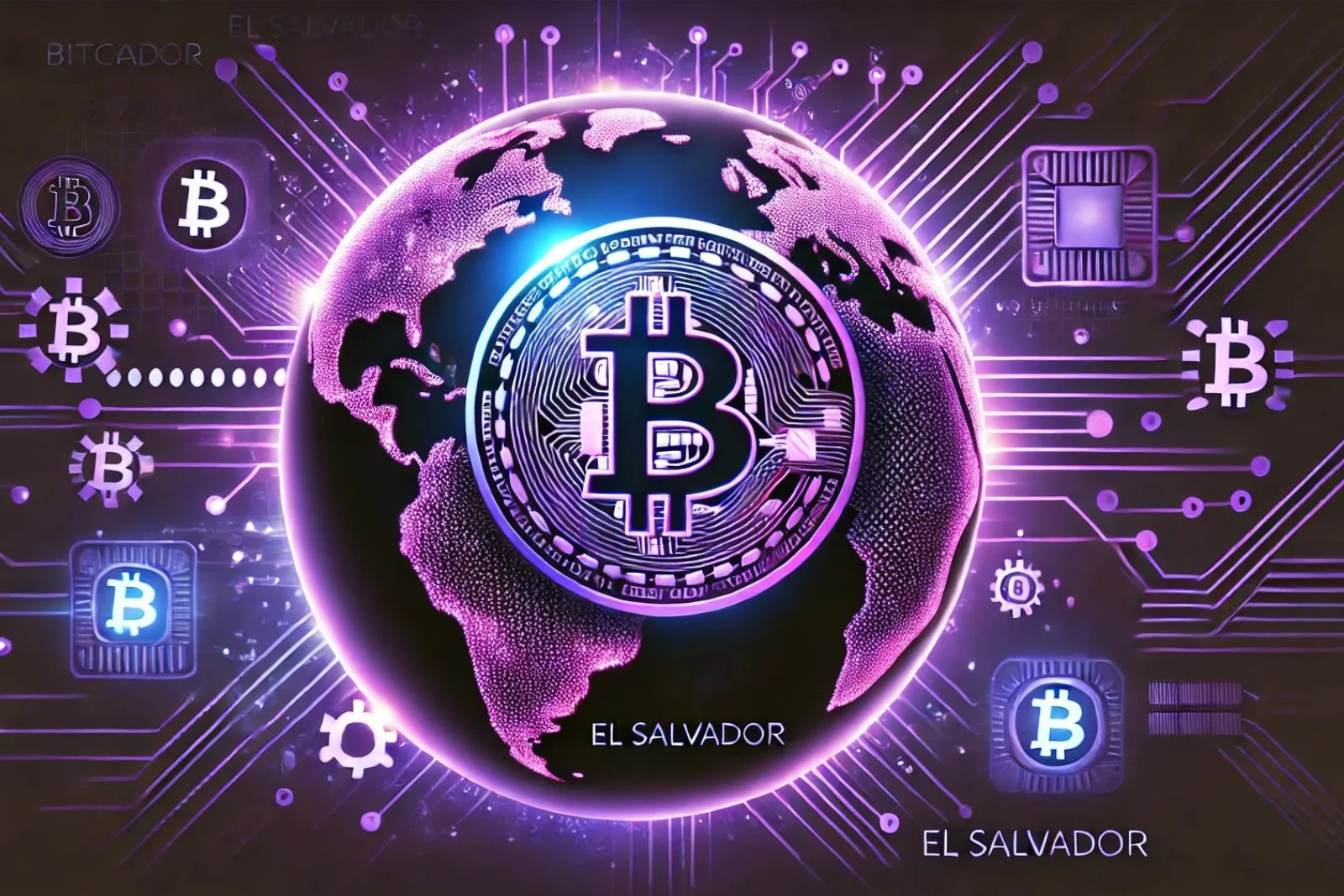
El Salvador’s Bitcoin Experiment: Success and Crypto’s Future
In September 2021, El Salvador became the first country to adopt Bitcoin as legal tender. This ambitious decision was part of President Nayib Bukele’s vision to modernize the nation’s economy, reduce dependence on the U.S. dollar, and embrace emerging technologies. While the move has drawn both praise and criticism globally, it represents a pivotal moment in the intersection of technology and governance.
Now, with Bitcoin breaking new price records and the Salvadoran government continuing to invest heavily in the cryptocurrency, the question remains: Can Bitcoin power El Salvador’s economic future? Where is the future of the country’s cryptocurrency industry headed?
Table of Contents
El Salvador’s Road to Bitcoin: A Brief History
El Salvador, a Central American country with a population of 6.8 million, has long grappled with economic challenges. Traditionally an agricultural economy producing coffee, cotton, and sugar, the nation transitioned to the U.S. dollar as its official currency in 2001. This dollarization was intended to stabilize the economy but left El Salvador vulnerable to U.S. monetary policy, limiting its ability to address domestic financial issues such as high remittance costs and low financial inclusion.
To tackle these persistent problems, President Bukele proposed adopting Bitcoin, presenting it as a tool to foster innovation, increase financial independence, and attract international investment. On 5 June, 2021, Bukele announced plans to make Bitcoin legal tender, and just three months later, the Bitcoin Law came into effect, mandating that businesses accept Bitcoin as a form of payment alongside the U.S. dollar. The move positioned El Salvador as a trailblazer in cryptocurrency adoption but also brought a wave of controversy.
Bukele’s Policies to Accelerate Bitcoin Adoption
Bukele’s administration has implemented several measures to encourage Bitcoin adoption across various sectors of the economy. These include government investments, legislative support, and innovative projects that integrate Bitcoin into the nation’s infrastructure.
Crypto Businesses Moving to El Salvador
El Salvador’s Bitcoin-forward policies have attracted numerous cryptocurrency companies and startups to establish operations in the country, further solidifying its reputation as a hub for crypto innovation. Some key examples include:
- Bitfinex: In 2023, Bitfinex get the Digital Asset Service Provider (DASP) licence in El Salvador.
- Binance: In 2023, Binance obtained full licensing as both a Bitcoin Service Provider (BSP) and a Digital Asset Services Provider (DASP), allowing it to offer comprehensive crypto services in El Salvador.
- Bitso: Expanding into El Salvador in 2021, Mexican-based Bitso played a critical role in supporting the Chivo wallet, facilitating cross-border transactions and domestic payments.
- Bitget: Securing a BSP license in 2024, Bitget now offers a suite of Bitcoin-related services, including exchange platforms and custody solutions. The company is also investing in local infrastructure to expand its operations.
The Future and Broader Implications of El Salvador’s Experiment
El Salvador’s Bitcoin adoption has sparked a global conversation about the role of cryptocurrency in modern economies. While the nation’s bold move is unique, it raises important questions about the future of money, technology, and governance.
What Lies Ahead for El Salvador’s Crypto Future?
El Salvador’s experiment with Bitcoin is far from over. While the nation has made progress in building a crypto-friendly ecosystem, significant challenges remain. Public skepticism, infrastructure deficiencies, and global financial pressures all need to be addressed for the initiative to succeed.
Despite these hurdles, the potential upside is transformative. By embracing cryptocurrency and renewable energy, El Salvador is positioning itself at the forefront of a global movement toward digital innovation and sustainability. If the country can address its challenges effectively, it could become a model for how small nations can leverage technology to achieve economic independence and attract global investment.
The coming years will be critical for El Salvador as it seeks to refine its policies, expand infrastructure, and win public trust. Whether it becomes a blueprint for other nations or a cautionary tale, El Salvador’s bold experiment is shaping the narrative of what the future of money might look like in a rapidly evolving world.
Ready to enter the crypto market in El Salvador? CryptoLicence has you covered!
Compliance is the cornerstone of success in the cryptocurrency industry. CryptoLicence specializes in helping businesses secure global crypto licenses, including the crypto licences in El Salvador, Switzerland, and under the EU’s MiCA framework. We simplify complex regulatory processes, allowing you to focus on scaling your business.⠀
Contact us today and let CryptoLicence take your business to the next level!